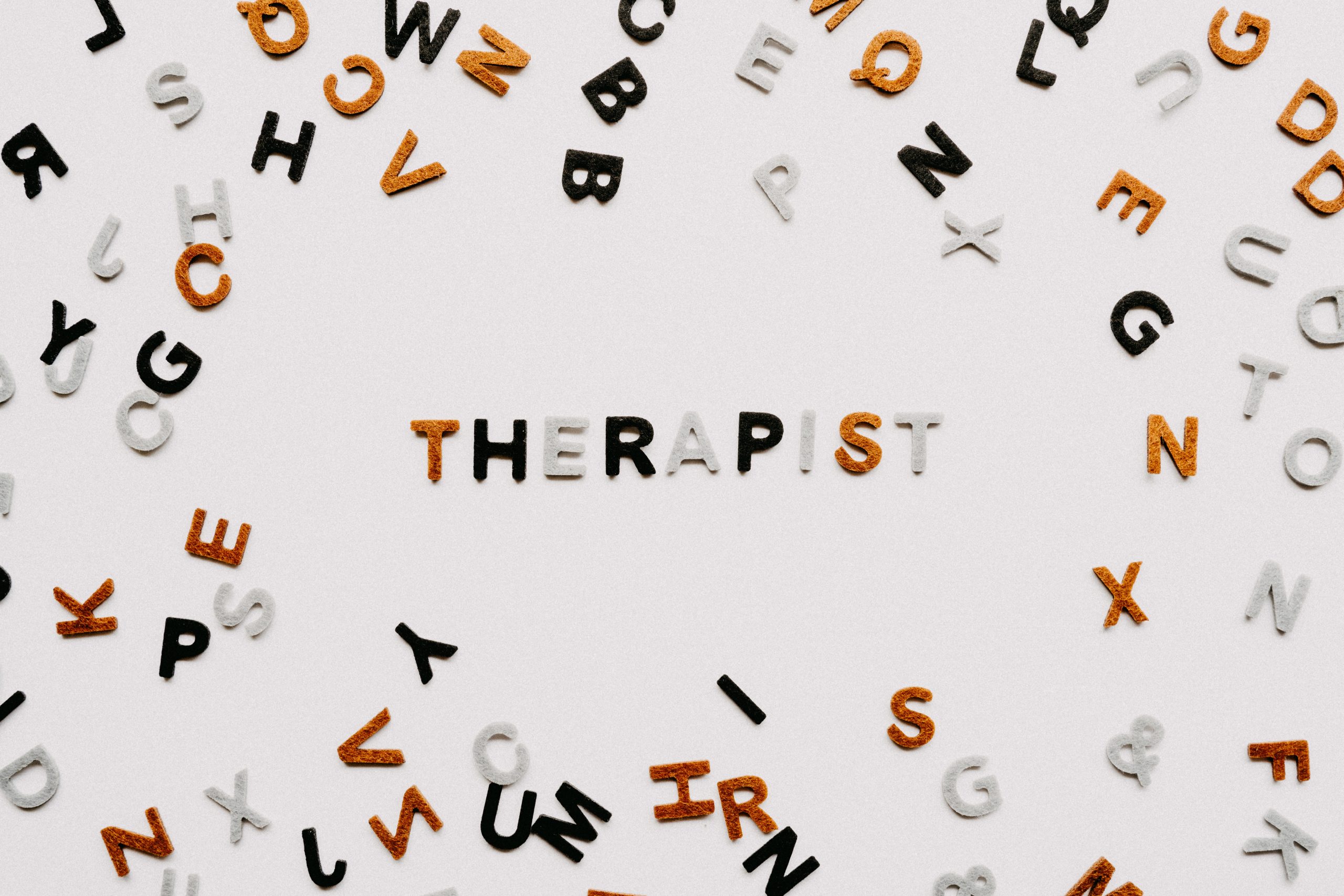First of all, if you’re on this page, we have to give you serious props. It takes a lot of courage to seek out the help of the therapist. Sometimes, though, seeking out the help of a licensed therapist or mental health professional is the only way to help you cope with your health anxiety.
But, sometimes, finding a therapist can feel daunting. After all, there are over half a million currently practicing mental health professionals in the United States alone (Department of Labor’s Bureau of Labor Statistics. While that’s great and dandy, the truth remains: you only need one. You only need one person to make a difference.
So, how do I find a therapist for hypochondria specifically?
Well, there are several different ways to do so. While you may be hard-pressed to find a mental health professional or therapist who just treats hypochondria, you can certainly find a wide range of therapists or mental health professionals whom can help you with anxiety or obsessive-compulsive disorder, since hypochondria has roots in both. The important factor you want to look for is a mental health professional who can help you with cognitive-behavioral therapy. This type of therapy will allow you to change both your thoughts and the corresponding behaviors that with those thoughts (such as:Googling, asking for reassurance, scheduling multiple appointments with different doctors for the same health anxiety worry).
While it can seem daunting to sort through all of the available mental health professionals and therapists out there, never fear: there can be some rhyme to the reason! Here are our favorite (and fastest) ways to find a hypochondria therapist so you can start the process to healing your health anxiety:
Utilize an App to Find a Therapist For Hypochondria.
One of the fastest (and probably easiest) ways to find a therapist for hypochondria is to utilize an app. Online therapy apps are great because they usually have quick therapist availability and are extremely easy to fit into your schedule.
Think about it – if you don’t have to drive to an in-person therapy session, it’s much easier to fit therapy into your busy schedule. Therapy sessions typically run 45-50 minutes long, so it would be easy to fit a virtual therapy session into your lunch hour if you don’t have to worry about the commuting and parking that would normally be associated with an in-person therapy session.
Also, virtual therapy is cozy! Think about it: instead of sitting across from a therapist in a cold office, you can snuggle up on your couch with your favorite blankets and chat with your therapist from the comfort of your own home.
So, how do I find an online therapist? Here are some apps that you can look to, what they cost, and why we like them.
Online-Therapy
Online-Therapy.com was founded in 2009 and is our top recommendation for hypochondriacs seeking help. Why? Well, Online-Therapy.com’s whole approach centers around Cognitive-Behavioral Therapy (also known as CBT) and serves to provide solely Cognitive-Behavior Therapy to anybody who signs up.
So, how does it work?
Online-Therapy’s program helps you with a combination of talking to your therapist (Online-Therapy.com offers voice, chat, or video sessions), targeted reading sessions, assigned worksheets, an online journal, an activity plan, and the ability to access yoga sessions.
Every week, you will have thirty minutes of a session with your therapist – and again, you can choose whether or not it’s via voice, chat, or video – but you can also message your therapist at any time through the app.
Your therapist will be able to see your worksheets and will be able to give targeted, helpful replies that will assist you in recognizing cognitive distortions and to find ways to change your behavior in response.
Online-Therapy starts at $39.95/week, but if you sign up using our link, you will get 20% off of your first month ($31.96 for the first month). Online-Therapy.com doesn’t accept insurance, but will provide you with itemized receipts to submit to your insurance if your insurance will reimburse (or partially reimburse) you for out-of-network mental health providers.
Sign up for Online-Therapy.com here.
BetterHelp
BetterHelp was founded in 2013 and is currently the largest therapy platform worldwide. So, how does BetterHelp work?
First, you’ll answer a few questions about yourself and the challenges you’re currently facing. This is the place where you would talk about your struggles with health anxiety and hypochondria. Then, you would create a private username and password to get access to BetterHelp’s platform.
Please note: all information you provide to BetterHelp is completely confidential, so you don’t need to worry about your information being leaked or not secure.
Once you are on BetterHelp’s platform, you will need to enter your payment information. BetterHelp plans start at $40 per week, and you can apply for financial aid if you are having financial difficulty.
You will then be matched with a qualified, licensed, professional therapist who will help you start to resolve your health anxiety struggles. If you do not like the therapist that was assigned to you, you can switch therapists at any time.
One of the things that we love about BetterHelp is that you can communicate with your therapist in the way or ways that feel best to you: text, video, or phone.
Sign up for BetterHelp here.
Search on Psychology Today.
Psychology Today is known as the resource for helping people find therapists. Psychology Today is a magazine, media platform, and (most importantly) a directory to find therapists and mental health professionals in your area.
While Psychology Today was mostly used to find therapists in-person, COVID-19 rules and regulations have made it much easier to search for therapists who offer online or virtual therapy. All of the therapists and mental health professionals on Psychology Today are verified, so you can rest assured that you will only be searching through the best of the best.
On a therapist’s Psychology Today profile, you can see whether or not they are currently accepting new clients, whether or not they offer online therapy, and who their professional connections are. You can also see the average cost per session and whether or not they offer sliding scale – which is important if you are seeking hypochondriac treatment on a budget.
On the psychologist’s profile, you can see what issues the therapist specializes in, as well as who their primary client base tends to be in terms of age, religion, sexual orientation, race, community associations, or socioeconomic status.
Please note: just because a therapist specializes in a demographic that may be different than yours doesn’t mean that they won’t work with you; it just means that is who mostly makes up their current client base.
Lastly, on a therapist’s Psychology Today profile, you can see their preferred treatment approach. Some of these treatment approaches can range anywhere from Compassion Focused to Solution Focused Brief to Acceptance and Commitment Therapy. For health anxiety treatment, however, you should be seeking out a therapist that offers Cognitive-Behavioral Therapy, also known as CBT.
For more information on what to do when your medical anxiety is at an all-time high, please check out this article.
If you are interested in a particular therapist, you can either call or e-mail them directly from their Psychology Today profile. Or, alternatively, you can visit the website that is listed on their Psychology Today profile and contact them directly on their own website or using their preferred communication method.
Since Psychology Today profiles indicate whether or not a particular therapist/mental health professional is accepting new clients, you should expect to hear back from them relatively quickly so you can schedule your first appointment.
Ask Your Primary Care Physician to Refer a Therapist for Hypochondria.
This may be one of the easiest ways to find a therapist who specializes in healthy anxiety treatment in your area. You (likely) already have a relationship with your primary care physician, and they likely know both your medical history and your history of hypochondria and health anxiety. Therefore, it might be a good idea to ask their recommendation!
There is a good chance that your primary care physician knows a therapist or mental health professional that would be able to help you with your health anxiety. If you give your therapist or mental health professional permission to access your medical records, this could also be helpful if they know your proven medical history to be able to help (in conjunction with your primary care physician) whether you are experiencing health anxiety or a genuine, bonafide emergency.
So, if you’re looking to find a therapist for hypochondria, you now have several options.




